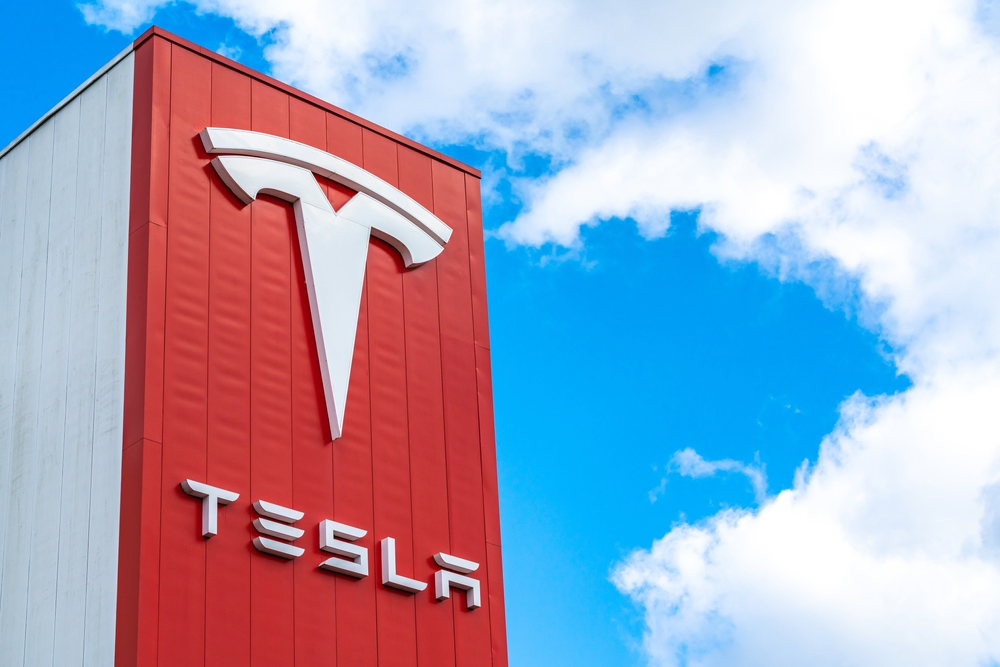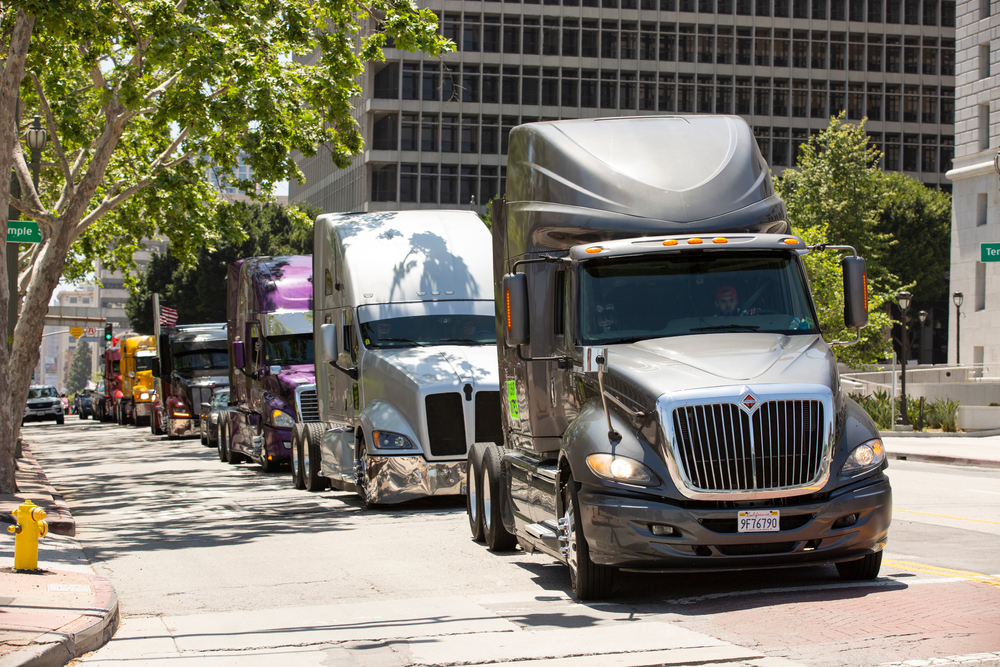
Tesla has announced that it will begin full-scale production of its all-electric Class 8 Semi truck in 2026, marking a significant milestone in its push toward electrifying the freight industry. The Semi truck, which was first introduced in December 2022, has faced multiple delays in mass production over the past two years. However, the company is now on track to meet the growing demand from the freight industry, according to Tesla executives.
During a call with analysts to discuss Tesla’s third-quarter earnings, an unidentified executive confirmed the progress of the Semi truck program. “We’re progressing swiftly in the build of a Semi factory in our gigafactory in Reno,” the executive said, adding that Tesla has released all major capital expenditures for the project. Pilot builds of the truck are expected to begin in the second half of 2025, with full production ramping up in the first half of 2026. By the end of that year, Tesla aims to have its Semi truck in mass production.
Tesla’s Strong Financial Performance
Tesla’s third-quarter financial results also reflected the company’s momentum. The Austin, Texas-based automaker reported an 8% year-over-year increase in revenue, bringing in $25.1 billion, just shy of analysts’ expectations of $25.3 billion. The company’s adjusted earnings per share grew by 9%, reaching 72 cents per share, surpassing analysts’ predictions of 58 cents per share. Tesla also reported selling 462,890 passenger vehicles in the quarter, a 6% increase compared to the same period in the previous year.
Although Tesla experienced robust financial growth, competition in the electric vehicle (EV) market has been intensifying. Tesla’s dominance is being challenged by other automakers expanding their EV lineups, which has had an impact on the company’s profit margins.
The Semi Truck’s Demand and Deployment
Despite the challenges faced by Tesla, demand for the Semi truck remains strong. CEO Elon Musk highlighted this during the earnings call, describing the demand for the Semi as “kind of ridiculous.” Tesla has already delivered around 200 Semi trucks to high-profile clients, including PepsiCo, and feedback from the field has been overwhelmingly positive. Musk noted that Pepsi drivers who have tested the Semi don’t want to return to traditional diesel trucks, emphasizing the benefits of the electric Semi.
Musk pointed out several key features of the Semi, including its potential for reducing driver fatigue, which is a major concern in the trucking industry. The truck is equipped with cameras and sensors that could eventually enable full self-driving (FSD) capabilities, helping to alleviate the physical and mental strain on drivers. Musk also mentioned the inclusion of safety features, such as anti-jackknifing technology, which would improve the overall safety of freight operations.
“As soon as the fleet is trained and the neural nets are up, we’ll get FSD onto that platform,” Musk said. This technology, according to Musk, would significantly reduce driver fatigue and enhance safety for drivers operating the Semi.
Looking Ahead: Tesla’s Future Plans
While Tesla is focusing on the production of its Semi truck, the company remains cautious about its expansion plans in other regions. During a previous earnings call in July, Musk mentioned a pause in plans for a new factory in Monterrey, Mexico. The decision was made to wait until after the U.S. presidential election in November 2024, as the potential for tariffs on vehicles produced in Mexico could influence Tesla’s investment in the region. Musk specifically referred to statements by Republican candidate Donald Trump, who has suggested that heavy tariffs could be imposed on Mexico-produced vehicles if he wins the election.
In addition to the Semi truck, Tesla’s third-quarter report provided a snapshot of its overall business performance. The company’s automotive revenue reached $20 billion, a modest 2% year-over-year increase. Tesla built 469,796 vehicles and delivered 462,890 units, marking a 9% and 6% year-over-year increase, respectively. Adjusted earnings per share climbed to 72 cents, reflecting a 9% increase from the same quarter in the previous year.
Tesla’s plan to ramp up production of its Semi truck is a significant step in meeting the high demand from the freight industry and further establishing the company’s dominance in the electric vehicle market. With the upcoming production surge and innovations like full self-driving capabilities, Tesla continues to push the boundaries of what’s possible in both passenger and commercial transportation.
Source:
https://www.freightwaves.com/news/tesla-plans-to-ramp-up-electric-semi-truck-production-in-2026











Leave a Comment